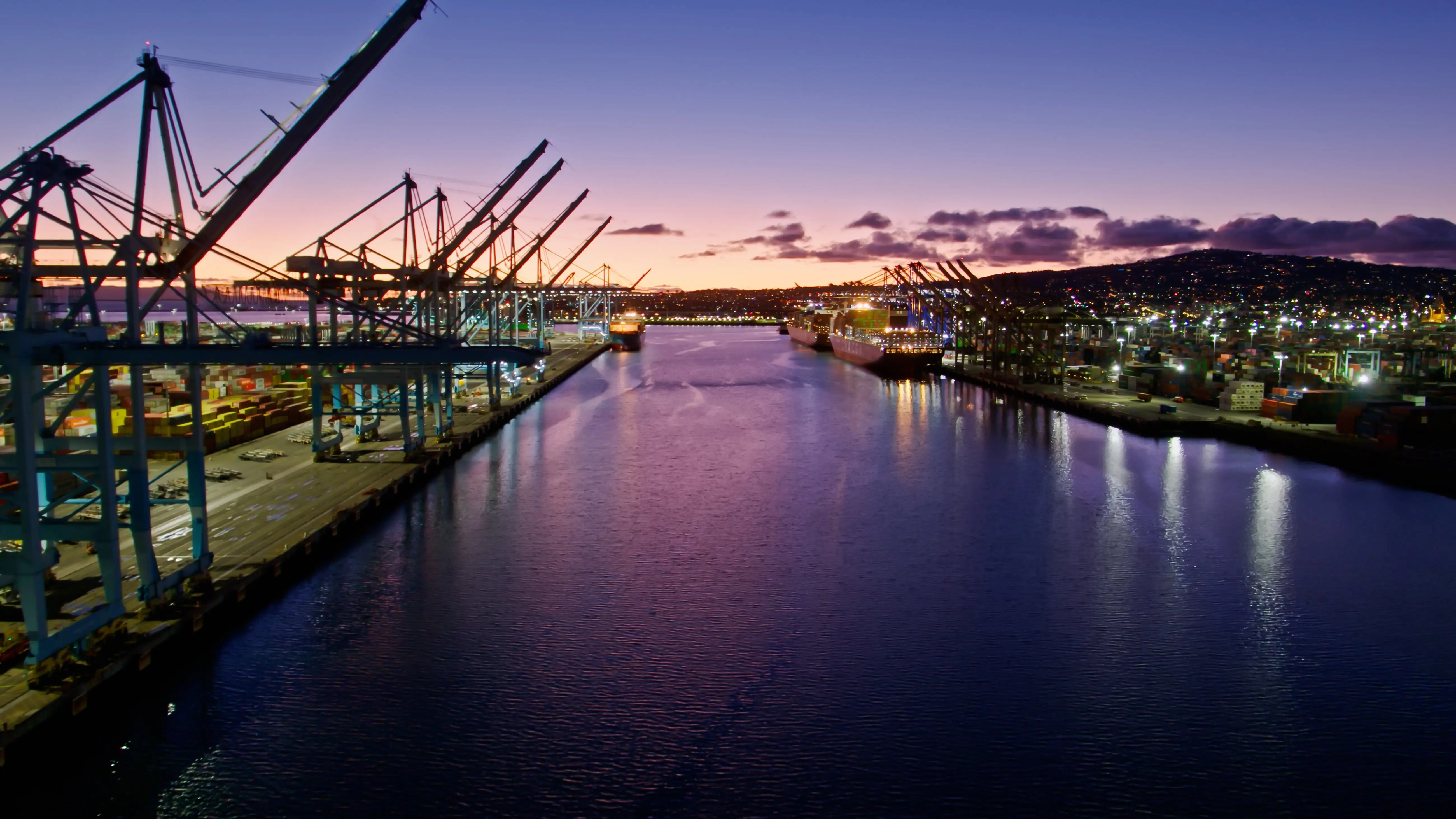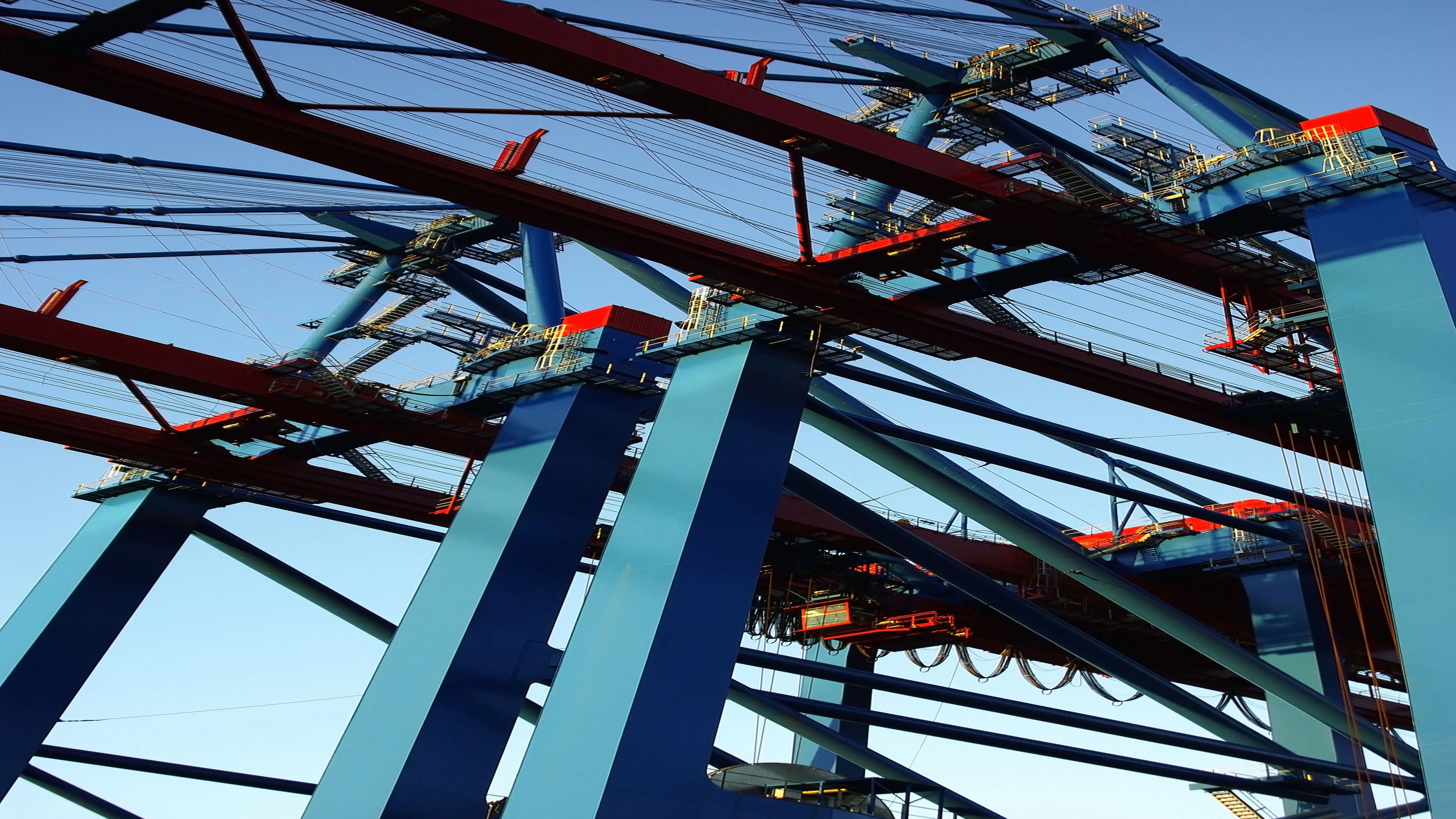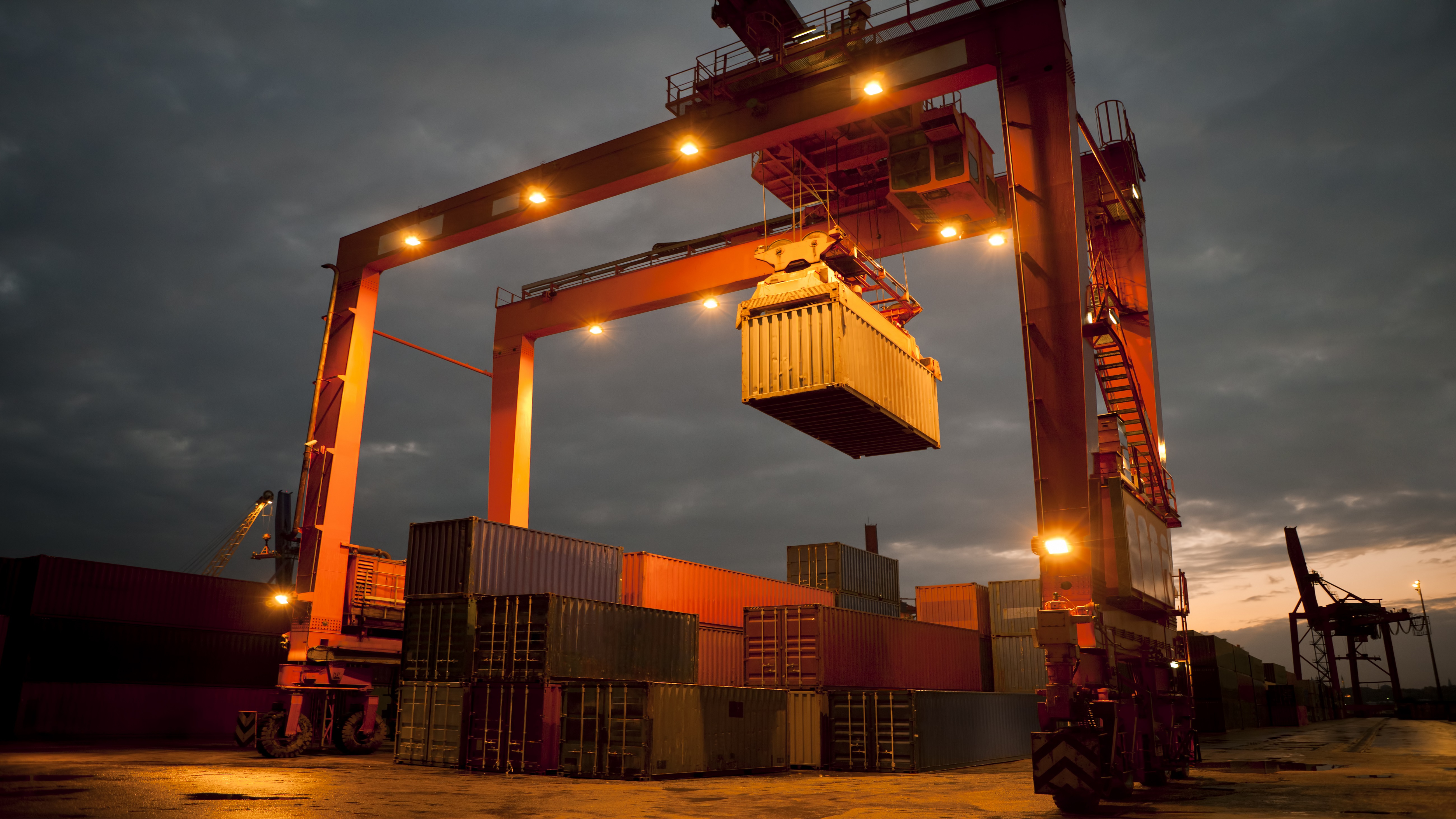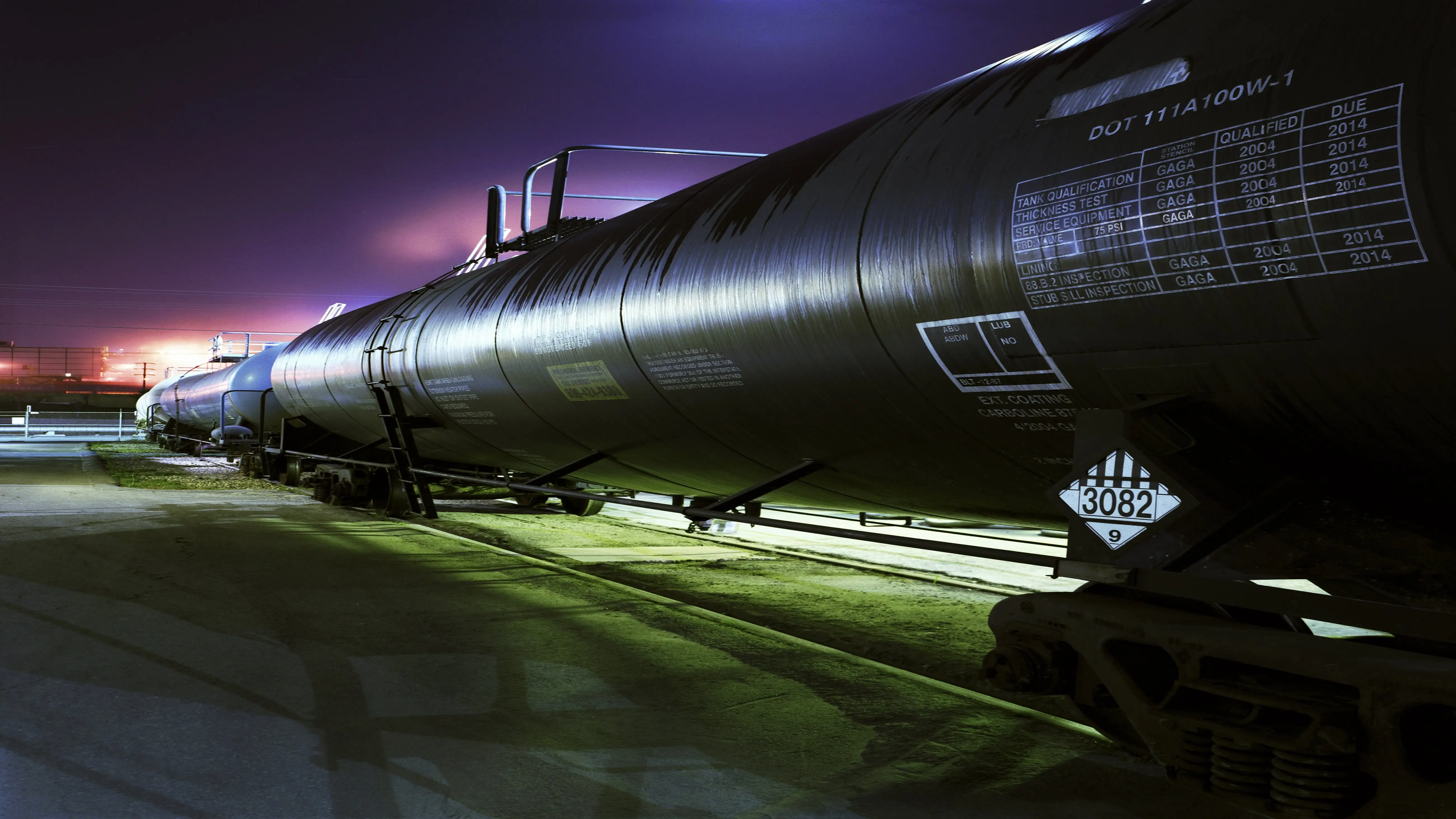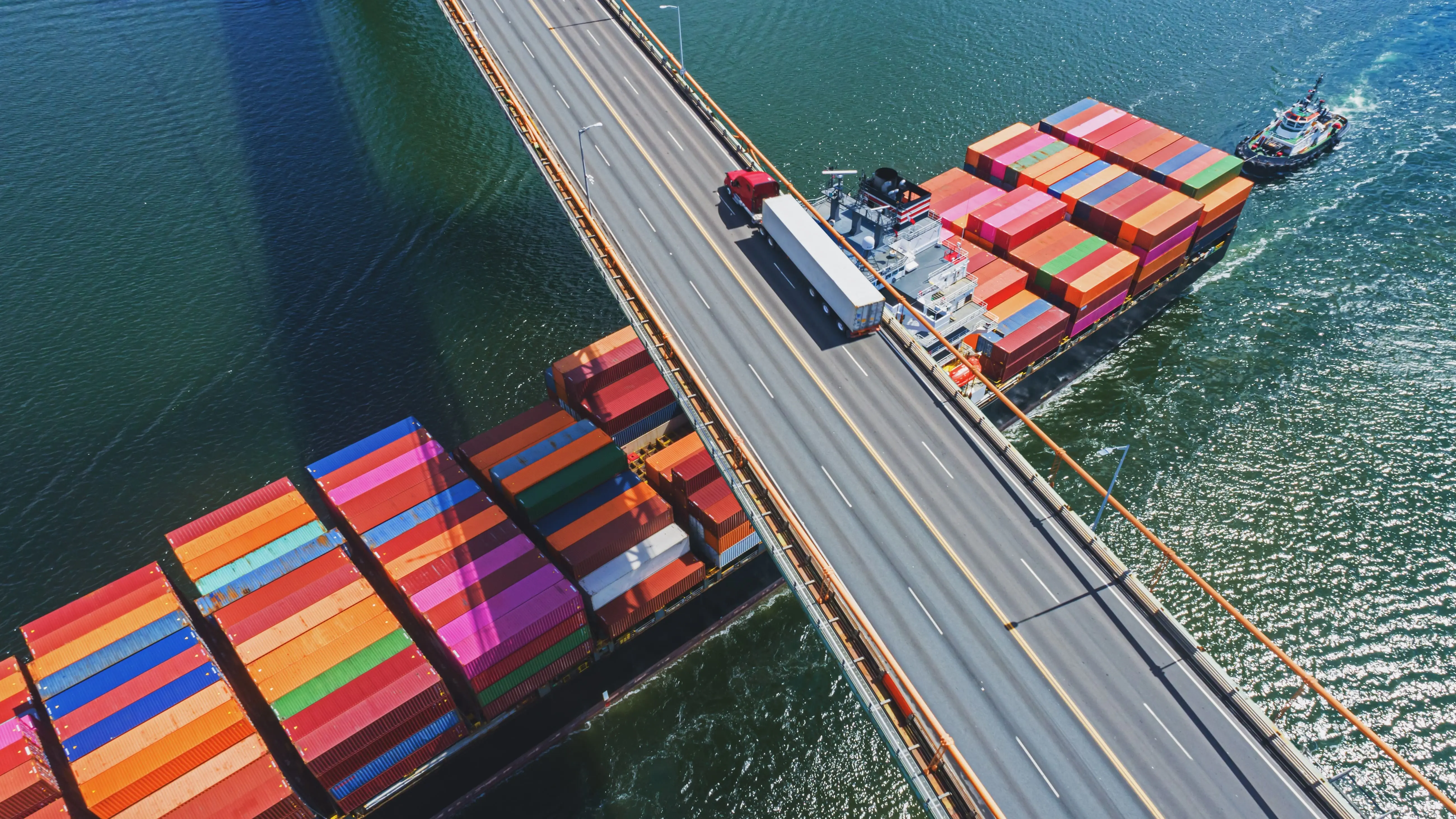INSIGHTS
The Power of Partnerships Now
Dependable, successful relationships are essential to dynamic and effective supply chain partnerships, but the power dynamics in relationships — the different ways partners behave to influence each other — can shift over time.
Read MoreThe Flow of Data
Data, analytics and intelligence are optimizing supply chain performance, and the amount of data flowing between shippers and 3PLs continues to grow. The most common data shared with external supply chain partners relates to transportation/logistics performance, inventory levels, supplier performance and order history.
Read MoreBeyond the Hype of Technology
Technology serves as a competitive differentiator, and nearly all respondents (87% of shippers and 94% of 3PLs) agree that emerging technology adoption is critical to future growth and overall success. Adoption is underway, with 83% of shippers and 39% of 3PLs reporting they’re either already working together or plan to in the future.
Read MoreThe Untapped Potential of Reverse Logistics
Reverse logistics is an integral link in the supply chain, contributing to customer service and satisfaction, and the volume of returns continues to increase. Moving goods from end users back through the supply chain is vastly different than the processes and decisions needed in the forward supply chain, and respondents reported varying levels of success.
Read MoreUnderstanding the Talent Crisis
Supply chains rely on the availability and development of talent, and labor is a top-of-mind concern for shippers and 3PLs. While hiring challenges have eased somewhat over the past year, 78% of shippers and 40% of 3PLs said labor challenges have impacted their SLAs.
Read MoreThe Efficiency and Resiliency Struggle
Supply chain resiliency is a fundamental principle that's gained more attention since the pandemic. Shippers are working to balance the need for resiliency with inventory holding levels, sources of supply and cost. Information helps shippers and 3PLs make data-driven decisions, craft contingency plans, and optimize networks to help manage direct and indirect costs.
Read MoreOngoing Growth of the Cold Chain
Demand for fresh and frozen logistics remains strong. Cold chain logistics providers are adopting automation to help increase efficiency, meet regulatory record-keeping requirements and achieve greater visibility. Supply chain optimization within the cold chain has several potential benefits, including controlling costs, minimizing food waste and meeting customer expectations.
Read MoreThe Online Shopping Slowdown
Direct-to-consumer online sales that spiked during the pandemic have started to ease, and shippers and logistics providers are trying to meet end users’ ever-evolving needs. Real-time visibility, predictive data analytics and collaboration tools provide value as companies optimize brick-and-mortar locations, manage inventory and control costs while also providing an exceptional customer experience.
Read More